J. Field lays down a plumb line:
Moses was not the author of the Torah – God was. He dictated the Torah to Moses on Mt. Sinai. Most of the “problems” found in the Torah by those who promote the Documentary Hypotheses can be explained if you look at God as the author.
For instance, one of their main complaints is that Moses is described as a humble man and a humble man wouldn’t describe himself as such*. However, if you look at God as the author, He can describe Moses as a humble man.
Also, the reason for the different versions of the same story in Genesis, such as the creation story is to tell people not to take these stories literally. None of the stories in Genesis should be taken literally.
The end of Genesis is a convenient cutoff for the history/mythology line, I suppose. But there’s one problem: apparently neither God nor Moses got that memo:
Genesis 50:25 – And Joseph took an oath of the children of Israel, saying, God will surely visit you, and ye shall carry up my bones from hence.
Exodus 13:19 – And Moses took the bones of Joseph with him: for [Joseph] had straitly sworn the children of Israel, saying, God will surely visit you; and ye shall carry up my bones away hence with you.
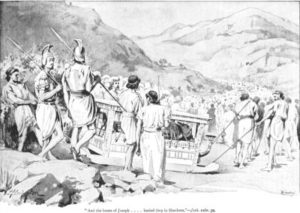
We don’t have an issue to deal with because Moses in Exodus repeats the words of Joseph from Genesis as if they were to be taken literally. Instead we have a bag of old bones to deal with, a physical artifact that bridges the chasm from mythology to Moses. If no story from Genesis is to be taken literally, whose bones are these? And why would Moses assert real bones belonged to a person he knew to be mythical? If they are, as Moses states, Joseph’s bones, then there must be a Joseph and he must have died in Egypt, and he must have come from the place to which Moses is heading.
In short, to take Exodus historically we have to take at least part of Genesis the same way, or we must insist on the non-literalness of an unremarkable story that is the most straightforward explanation of the physical existence of Joseph’s bones in Egypt**. But if we have a real Joseph, then we have established the historicity of 40% of Genesis (the last 20 chapters). If we have 3 more historical generations – Joseph must’ve come from somewhere, after all – then we have established the historicity of more than 70% of it (the last 36 chapters).
So from that point, where can we make a non-subjective cutoff from history to mythology? I don’t have an answer to that question, but I’m pretty sure it’s more complex than just picking the end of Genesis, convenient as that might seem at first glance.
* The easy solution (and I think the correct one) to that particular conundrum is that one of the later copiers of Moses’ writings inserted that sentence as explanatory material. That doesn’t take JEDP at all, nor should it trouble those who believe Moses wrote the Pentateuch.
** Most JEDP scholars understand this perfectly well, which is why they deny the historicity of any of it. That option is not open to J. Field because he has already posited a real Moses, which presumes an historical Exodus.

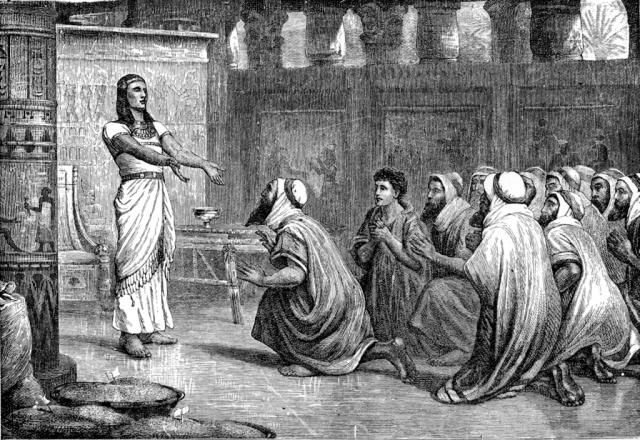


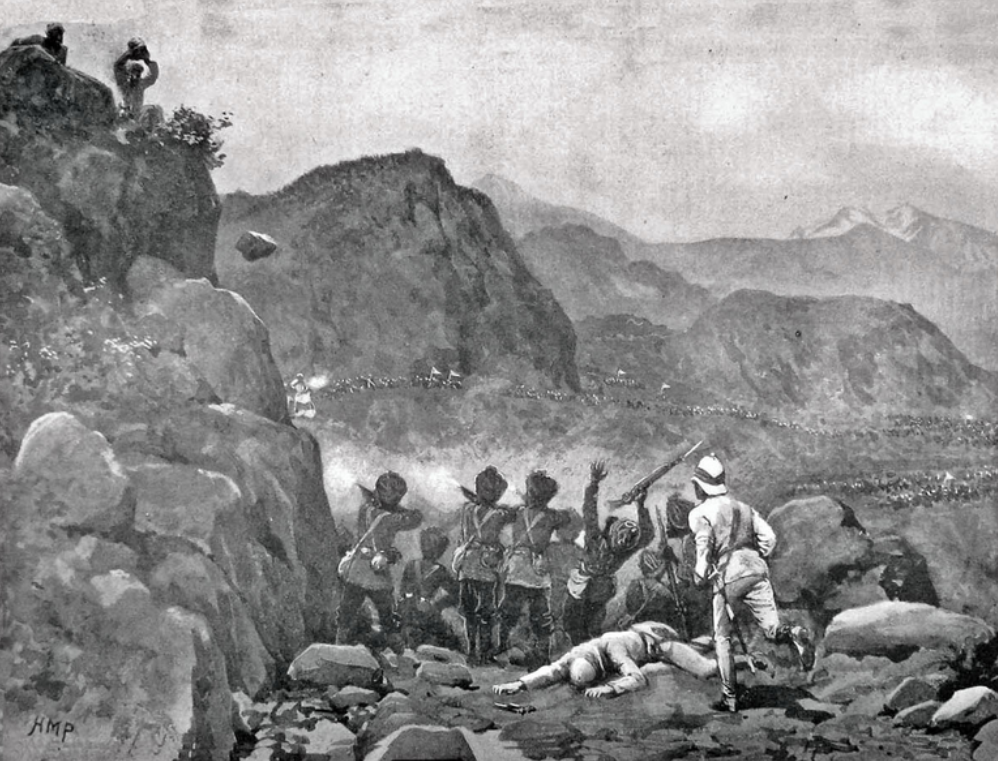
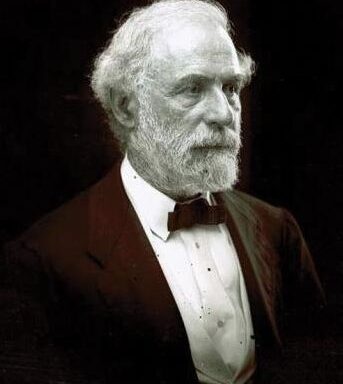


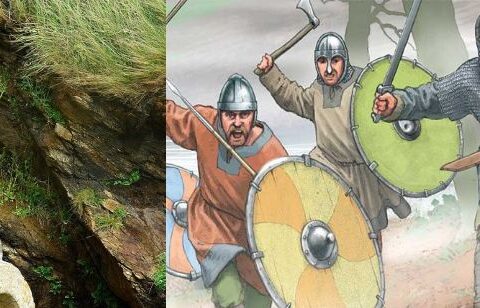

5
Never understood the “two creation stories” bit. Read them both and the timeline in Genesis 1 is paid out chronologically. Genesis 2 doesn’t seem to contradict it when you accept that chronological frame. Funny how it wasn’t an issue for 1800 years until the stupid “higher criticism” feared its blasphemous head.
Well, sort of. The textual critics point out there are some -to the modern western mind- odd contrasts. In Gen 1, the first thing God does, after turning on the lights (to see?) was to tame the sea, the creation of the firmament is the work of the second day. [Sea] water is an enemy, and dry land is brought out of it. In Gen:2, the land exists and water is brought as a mist upon the face of the earth. Also, in Gen:2, the creation of man is mentioned first, then comes mention of the planting of the garden, by God, for the man, rather than man created to tend the garden.
On the other hand, the most recent (honest) research into ancient Hebrew indicated this method of “repeating a story, with different emphasis of points” was apparently a very common way to write myth. And I mean myth in the Socratic sense: a structured story of a real event, but told in a way to emphasize a moral, not necessarily specific minor details.
What I find most interesting about the entire debate is that, for thousands of years, the Hebrew/Jewish priests and later, monks and scholars, had vast sections of the Scriptures memorized–they saw these “contradictions”–and the Scriptures were preserved in their original forms. That simple fact lends more support to the historical reliability of the Scriptures than anything else. The early scholars and later, monks, for instance, did not all agree to try to “fix” the contradictions in the Easter morning account, or the death of Judas, or the creation epic. That shows us that very early in the history of the texts, they were regarded as sacred and to be preserved in the original form.
See, but that is just it. In Genesis 1, “Let the water under the sky be gathered to one place, and let dry ground appear.” So we have land and we have seas, already separate. In Genesis 2, God “had not caused it to rain upon the earth”, but “a mist went up from the earth and watered”. Even in Genesis 2, the water and land are separate. Genesis 1 never made a claim about rain or springs, just that they were separate. So there doesn’t seem to be an actual contradiction there.
Then on the creation of man, sure man is talked about first. But even there, “The Lord God planted a garden eastward in Eden, and there He put the man whom He had formed”. So the garden was around first, because He had to have some place to put the man once he was alive. Which is even further reinforced later when “God commanded the man, saying, ‘of ever tree of the garden you may freely eat;’”. So the vegetation was already around, else God would have been pointing at the dirt and Adam would have been…confused.
I realize you are not making the claim, and wholly agree with your second paragraph that it is something we should certainly try to emulate by not thinking we need to…or even CAN…fix everything.
It is just confusion at where the “contradiction” comes from. Is it something that is in an earlier script before English translation that I just don’t know about? I’d like to think that this criticism has some scholarly basis, but having read more on the period of 1850 – 1920 in Church history…it may have just been a straight scam. Paranoia I suppose. Easy scam to pull: “Oh, well in the Greek it really means this, and this, and not this”. Takes time to go back to other resources and confirm or deny, meanwhile the seed has already been planted. I know there are men much more studied and knowledgeable than I am here…any help or clarification?
4.5